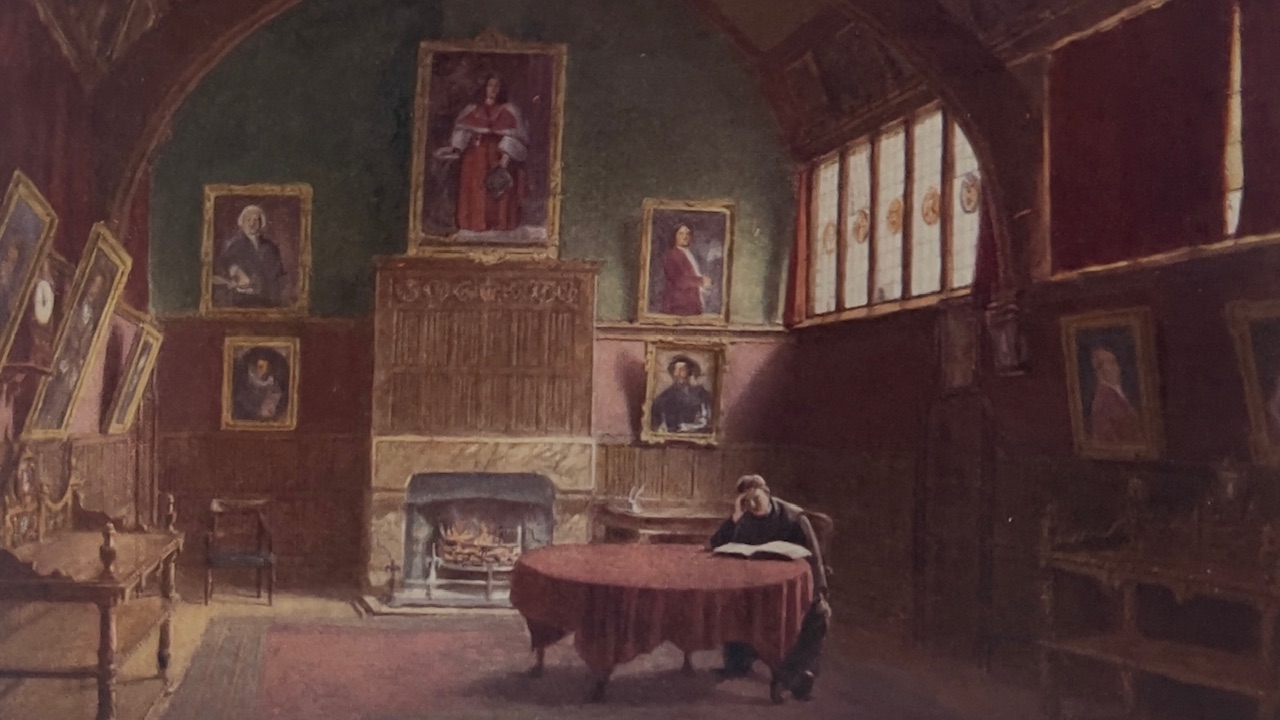
TV early days
One of the defining influences of life in the twentieth century is the rise and influence of radio, television and cinema. Whilst historically there were many music hall venues providing public entertainment it was not until October 1894 when film was first shown in London with the Edison Kinetoscope that cinema made its entrance. By 1896 short films were being projected onto white walls sometimes as part of music hall programmes or with travelling fairgrounds as well as in East End Mission halls and shops. This was public entertainment that opened its doors to all comers. It proved a great recruiting tool for pastors to draw in the public at large who had grown bored with magic lantern shows and offered a diversion from the cares of the world.
This new medium delivered both entertainment and news cheaply and audiences could take refuge in the darkness with programmes running from midday to 9 at night . Investors rubbed their hands in glee and a construction boom followed as the film going habit became ingrained. Over a thousand Cinematographic Theatres were exhibiting film between 1906 and 1914 but 1909 proved a particular turning point when laws requiring premises to have licences came to the fore. The cinema was often referred to as the poor man's theatre and the audiences were predominantly working class with large numbers of children for whom there were no other leisure activities. viewing alongside their parents . Cinemas were an escape - people could enter at any time and stay as long as they wanted and the continuous shows covered everything from comedies to new reels and dramas. Picture palaces began to be built with extravagant exteriors and interiors seating for upwards or two or three thousand people and became portals to the dream factory.
Into this arena stepped Sidney Bernstein. Born in Essex in 1899 he inherited his father's property empire at 15 on leaving school . He and his brother Cecil created a circuit of sixty cinemas as well as other property and leisure interests which eventually included the hugely profitable television rental business. Sidney Bernstein co-founded the London Film Society where he befriended Alfred Hitchcock. He brought films from the Russian film makers Eisenstein and Pudovkin to Britain showing the ability of the medium to cross cultural barriers as well as to educate. In the 1930s Bernstein helped many German directors, cameramen and other anti Nazi film makers to flee Germany as Hitler came to power and he travelled frequently to America meeting with Hollywood moguls to persuade them to support the anti fascist cause.
Bernstein joined the Ministry of Information in Britain where he supported anti fascist films produced pro British movies and did everything possible to engage the Americans until they finally entered the war, He continued to produce and advise on films such as Mrs Miniver 1942 MGM detailing the story of a British family at war time which enabled the Americans and the British to find common ground to unite and inspire the public. As the war drew to a close Bernstein himself visited the concentration camps and worked with Hitchcock on a documentary witnessing the appaling cruelty although this film (NIGHT WILL FALL) was consigned to the archives by the British Foreign Office until 1984 asit was deemed far too incendiary for the viewing public.
He subsequently formed Transatlantic Pictures and lobbied the government to give the cinema industry the right to produce and show television programmes to theatre audiences. With the Television act of 1954 just around the corner Bernstein was at the birth of independent commercial television naming his company Granada after a holiday he had enjoyed in Spain !
The new kids on the block were monitored by the Independent Television Authority whilst the franchisees entered into a world previously dominated by the BBC. Regional television companies would provide a local service of news and documentaries and were responsible for selling advertising space on their channel although national news was provided independently by ITN. The "Big Four" companies were Associated Rediffusion (London weekday programming), ATV (Midlands weekday and London weekend), Granada Television (North of England weekdays ) and ABC (North of England and Midlands weekend). Sidney Bernstein brought to Granada the same values that inspired his early work in cinema. The explosion of talent and creativity that this unleashed was a social revolution with audiences gathering in front of shared televisions in much the same way as they had in the picture palaces of the early twentieth century. Programmes became part of the national social dialogue with opinions shared in pubs, bingo clubs and from parlours up and down the country and stars were born from drama series in ways that rivalled film stars.
Your story starts here.
Submit your details on the corresponding form and one of us will get back to you to find out more about your requirements.

